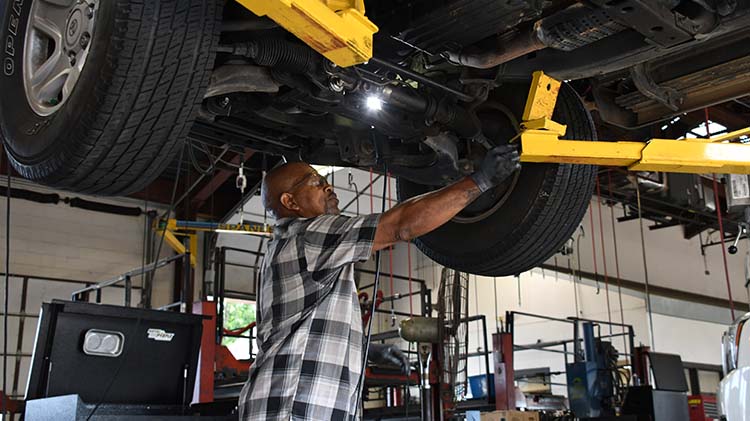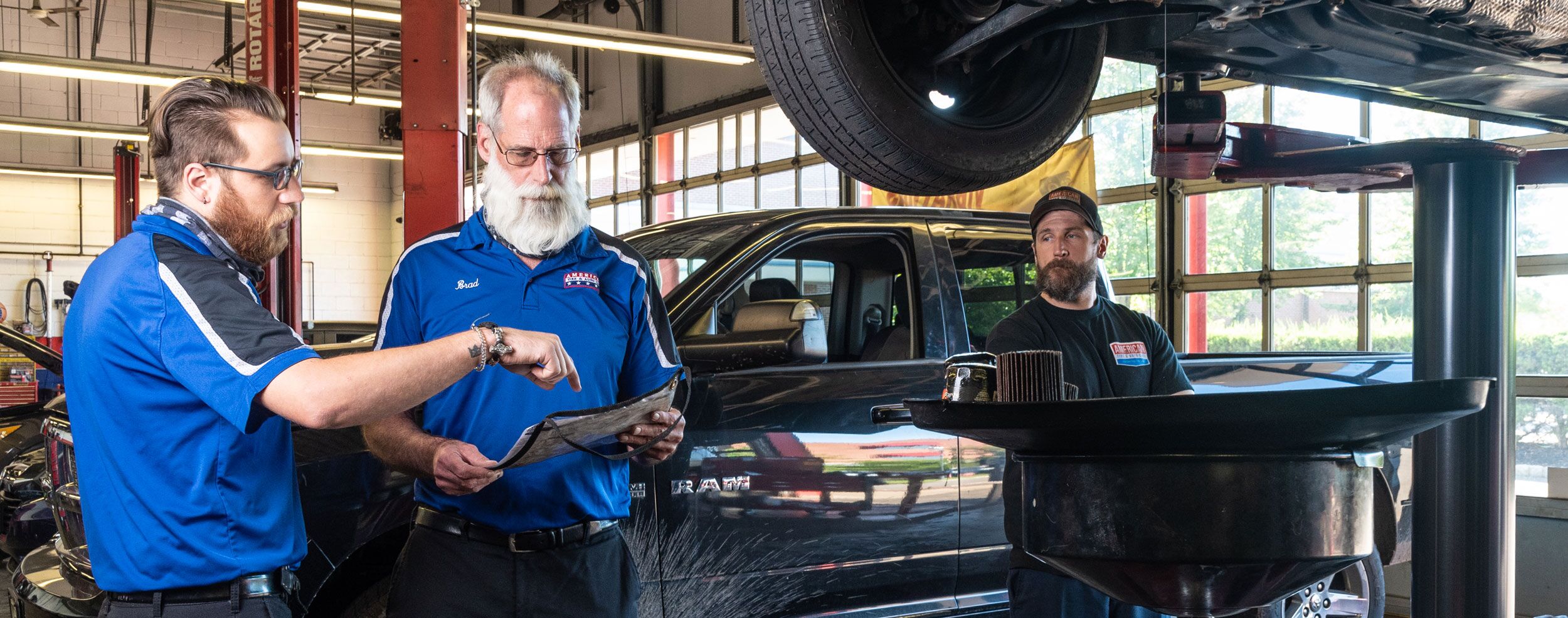All Categories
Featured
Electric vehicles (EVs) are changing the automobile globe with their environment-friendly assurance, yet their increasing appeal brings a crucial challenge: handling the end-of-life cycle of EV batteries. These batteries, which are large, complicated, and have important products, should be reused to lessen environmental effect and maximize resource reuse. Increasingly, fixing shops are tipping up to provide electrical car battery reusing solutions, linking the space in between sustainability and consumer convenience.
![]()
Minimizing Waste: Preventing batteries from accumulating in landfills. Conserving Resources: Recuperating rare-earth element to reduce dependency on mining. Reducing Air Pollution: Preventing the release of hazardous materials into the setting. Given that countless EV batteries will certainly reach their end of life in the following years, recycling them is a pressing necessity.
Battery Collection: Lots of service center function as collection factors for spent EV batteries, ensuring they are moved to accredited recycling facilities. Safe Handling: Specialists at these stores are trained to handle the disassembly and storage space of batteries securely, reducing the threat of fire or leak. Repurposing Opportunities: Some stores work to examine whether batteries can be repurposed for secondary usages, such as energy storage space for companies or homes. 3. Suppliers and Reusing Partnerships. Several car manufacturers are proactively associated with battery recycling programs, and service center affiliated with them play an important function. For instance:
Tesla and Redwood Materials: Tesla works together with Redwood Products to reuse batteries, with many Tesla-certified fixing facilities helping with the process. Ford and GM Initiatives: These companies partner with third-party recyclers to recover vital products and provide their solutions with licensed repair work networks. Independent service center are likewise joining the motion, usually partnering with leading recyclers like Li-Cycle or Umicore to manage batteries from numerous EV brand names.
Comfort: Consumers can leave old batteries at their regional shop without dealing with specialized facilities. Price Savings: Some stores use discounts or credit scores towards brand-new battery purchases when old ones are reused. Comfort: Partnering with a trustworthy repair store ensures that batteries are recycled responsibly, supporting sustainability. 5. Challenges Encountering Repair Service Shops. In spite of the growth of battery recycling, obstacles continue:
![]()
Technical Intricacy: EV batteries call for customized training and tools to deal with securely. Facilities Spaces: Not all regions have robust recycling networks, restricting the availability of these services. Expense Barriers: Delivering and reusing batteries can be expensive, especially for smaller service center. Innovations in recycling innovation and federal government rewards are assisting get over these obstacles.
Conclusion. Service centers using electrical vehicle battery recycling are leading the way for a sustainable auto future. By giving easily accessible and accountable options, these businesses assist resolve the ecological obstacles postured by EV batteries while meeting the needs of eco-conscious customers.
As an EV owner, picking a repair shop with reusing services not only guarantees your vehicle's upkeep however likewise adds to a greener earth. The market's dedication to battery recycling shows a common goal: driving development while safeguarding the atmosphere for generations to find.

- Why EV Battery Recycling Matters. EV batteries are made from lithium-ion cells including products like lithium, nickel, and cobalt. If incorrectly disposed of, these elements are very beneficial but can pose environmental risks. Reusing EV batteries is vital for:
Minimizing Waste: Preventing batteries from accumulating in landfills. Conserving Resources: Recuperating rare-earth element to reduce dependency on mining. Reducing Air Pollution: Preventing the release of hazardous materials into the setting. Given that countless EV batteries will certainly reach their end of life in the following years, recycling them is a pressing necessity.
- Exactly How Repair Shops Assistance Recycling. Repair stores are becoming vital gamers in EV battery recycling, many thanks to partnerships with makers and specialized recyclers. Right here's how they add:
Battery Collection: Lots of service center function as collection factors for spent EV batteries, ensuring they are moved to accredited recycling facilities. Safe Handling: Specialists at these stores are trained to handle the disassembly and storage space of batteries securely, reducing the threat of fire or leak. Repurposing Opportunities: Some stores work to examine whether batteries can be repurposed for secondary usages, such as energy storage space for companies or homes. 3. Suppliers and Reusing Partnerships. Several car manufacturers are proactively associated with battery recycling programs, and service center affiliated with them play an important function. For instance:
Tesla and Redwood Materials: Tesla works together with Redwood Products to reuse batteries, with many Tesla-certified fixing facilities helping with the process. Ford and GM Initiatives: These companies partner with third-party recyclers to recover vital products and provide their solutions with licensed repair work networks. Independent service center are likewise joining the motion, usually partnering with leading recyclers like Li-Cycle or Umicore to manage batteries from numerous EV brand names.
- Client Benefits of Service Center Recycling Providers. For EV owners, service center offering reusing solutions provide a host of advantages:
Comfort: Consumers can leave old batteries at their regional shop without dealing with specialized facilities. Price Savings: Some stores use discounts or credit scores towards brand-new battery purchases when old ones are reused. Comfort: Partnering with a trustworthy repair store ensures that batteries are recycled responsibly, supporting sustainability. 5. Challenges Encountering Repair Service Shops. In spite of the growth of battery recycling, obstacles continue:

Technical Intricacy: EV batteries call for customized training and tools to deal with securely. Facilities Spaces: Not all regions have robust recycling networks, restricting the availability of these services. Expense Barriers: Delivering and reusing batteries can be expensive, especially for smaller service center. Innovations in recycling innovation and federal government rewards are assisting get over these obstacles.
- Looking Ahead: The Future of EV Battery Recycling. The function of repair work shops in EV battery recycling is established to increase as the EV market grows. Federal governments worldwide are establishing regulations to encourage recycling, and producers are purchasing collaborations to simplify the process. As these trends continue, more repair work stores are likely to embrace EV battery recycling, making it a basic component of their solution offerings.
Conclusion. Service centers using electrical vehicle battery recycling are leading the way for a sustainable auto future. By giving easily accessible and accountable options, these businesses assist resolve the ecological obstacles postured by EV batteries while meeting the needs of eco-conscious customers.
As an EV owner, picking a repair shop with reusing services not only guarantees your vehicle's upkeep however likewise adds to a greener earth. The market's dedication to battery recycling shows a common goal: driving development while safeguarding the atmosphere for generations to find.
Latest Posts
Dependable Industrial Roof Solutions by Weathercraft
Published May 26, 25
1 min read
Join Your Financial Partner at WyHy – Top Benefits for Your Future
Published May 20, 25
1 min read
Uncover Cut Costs on Car Maintenance with Montclare Auto Repair’s Limited-Time Deals
Published May 19, 25
1 min read
More
Latest Posts
Dependable Industrial Roof Solutions by Weathercraft
Published May 26, 25
1 min read
Join Your Financial Partner at WyHy – Top Benefits for Your Future
Published May 20, 25
1 min read
Uncover Cut Costs on Car Maintenance with Montclare Auto Repair’s Limited-Time Deals
Published May 19, 25
1 min read